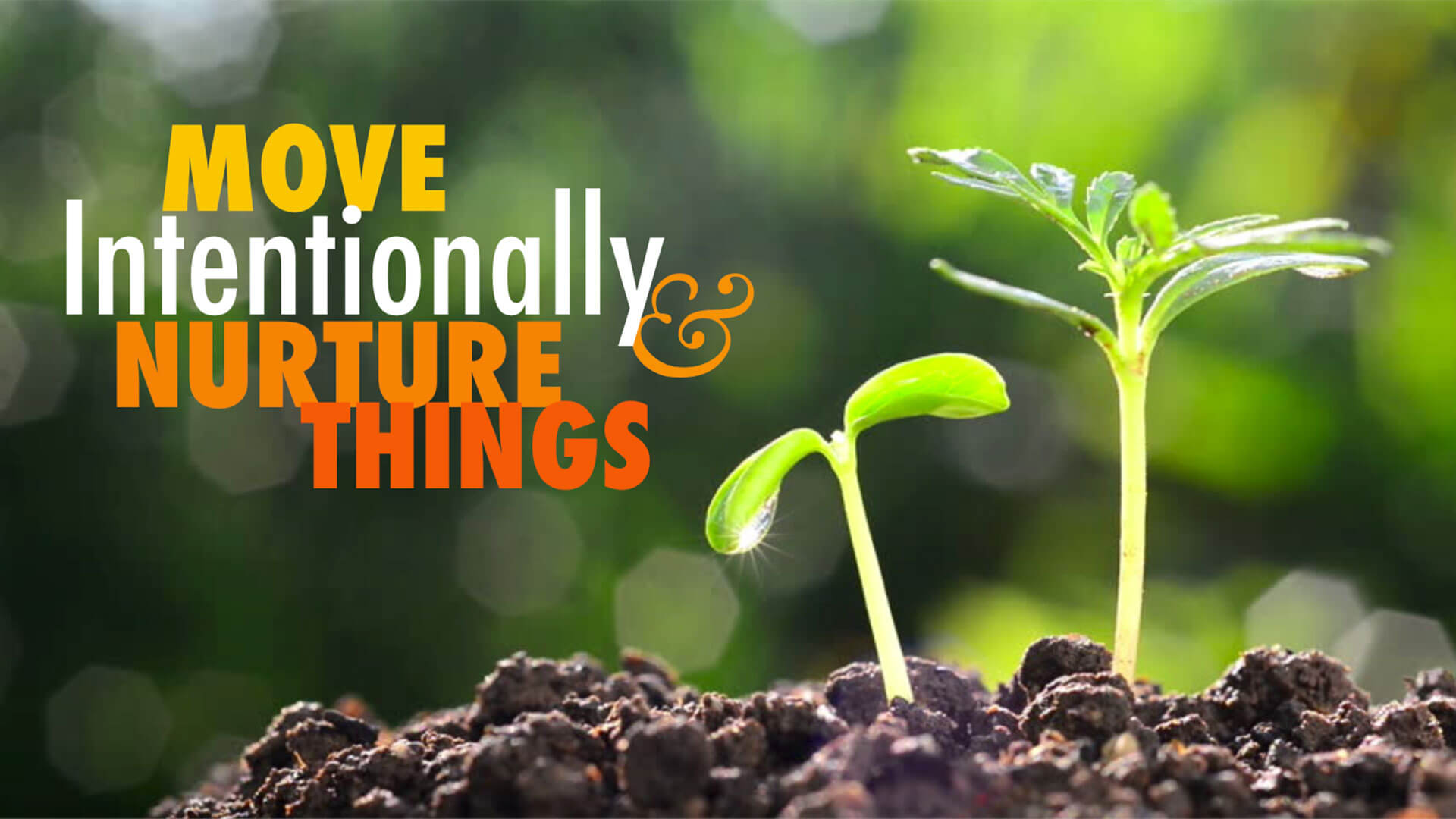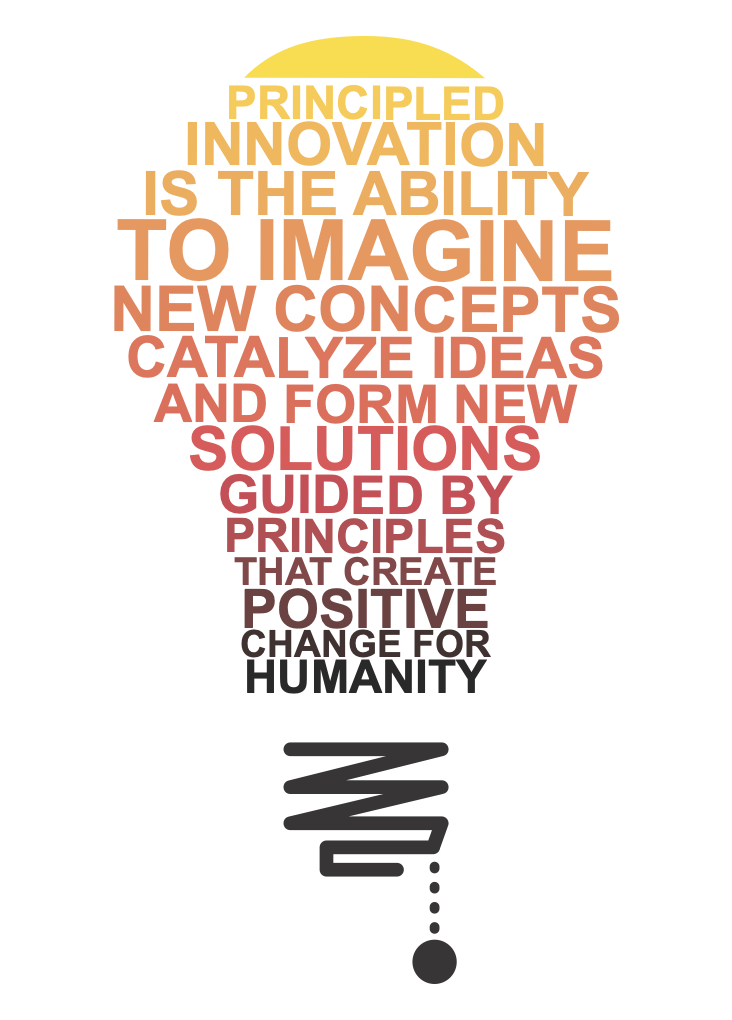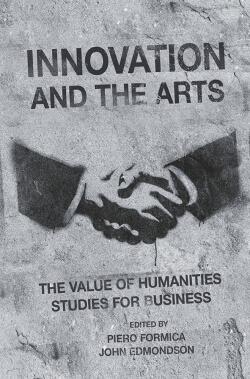
Move slow and nurture things: human-centered values in a disruptive world
By: Punya Mishra
Principled InnovationOver the past few years I have struggled with some of the consequences of disruptive innovation and have come to distrust the jargon of creative destruction and disruption that has become the mantra of our time. I have spoken about it elsewhere in greater depth (for instance see this video (Technology & education: A provocation).
More specifically, within the context of my job within the Office of Scholarship & Innovation, this has meant asking the question: We can but should we? And grounding what we do within a broader context of what we call principled innovation. We define principled innovation as the “ability to imagine new concepts, catalyze ideas, and form new solutions, guided by principles that create positive change for humanity.” (For applications of principled innovation to our work see (a) principled innovation meets design; and (b) Principled innovation in hiring.)
I have seen the power of the market… But when it becomes the only language, when it becomes the only way of thinking about the right thing to do, it leaves us with a very impoverished sense of how to live together
Giriharadas, 2018

This focus on principled innovation has meant fighting back against the idea of “Moving fast and breaking things” (a phrase popularized by Mark Zuckerberg as being the underlying working philosophy for Facebook), and in contrast to emphasize the importance of moving slow and nurturing things.

As a part of this focus on principled innovation and values is a chapter that Danah Henriksen and I recently wrote for a book titled: Innovation and the Arts: The Value of Humanities Studies for Business. Specifically, Danah and I argue for the infusion of more “human-centred learning from the arts and humanities into business.” Complete reference, abstract and keywords given below:

Henriksen, D. and Mishra, P. (2020), “Move Slow and Nurture Things: Wise Creativity and Human-Centred Values in a World that Idolizes Disruption”, Formica, P. and Edmondson, J. (Ed.) Innovation and the Arts: The Value of Humanities Studies for Business, Emerald Publishing Limited, pp. 143-161. https://doi.org/10.1108/978-1-78973-885-820201006
Creativity is a critical skill across disciplines and contexts, and it is an important trait for humans to survive and thrive, personally and collectively. The fast-paced culture of business innovation has sought to promote and reward creativity as a coveted thinking skill. Creativity in and of itself, how- ever, is a value-neutral construct, because novel and effective ideas may also have negative consequences. This darker aspect of creativity has come to the forefront in many recent cases, particularly in contexts involving digital and networking technologies, where the rapid pace of technological change does not encourage the kind of deliberative thinking necessary for nuanced and ethical business decisions. The authors consider why education is essential for expanding the ethical capacity of creative agency in business, describing the need to bring creativity and ethics together in educational opportunities and cultural values. The authors explore the idea of ‘wise creativity’ and the need to infuse more human-centred learning from the arts and humanities into business fields. Further, the authors suggest better practices for creative business education, such as: infusing real-world ethics learning into business education and professional development; infusing the liberal arts curriculum in business; offering opportunities for arts-based approaches in business learning; and instilling genuine mindfulness training in business education environments. The authors’ focus is on a shift away from a culture that values creativity purely as an instrumental approach for greater profit- ability, and towards one that values wise and humanizing creativity for good business practices that consider societal and individual wellbeing.